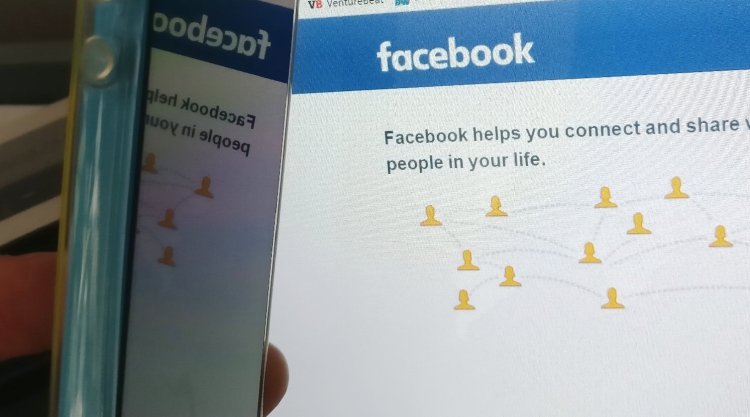testsetset
Facebook will allow users to transfer all of their photos and videos out of its platform and directly into Google Photos, the first major step in an ongoing initiative to address concerns — and new regulations — around data portability.
The announcement comes two months after the social networking giant published a white paper that sought to address some of the key issues involved in making data portable between online services. However, today’s news pertains more directly to the open source Data Transfer Project (DTP) announced last year by Google, Facebook, Microsoft, and Twitter, with Apple joining the party just a few months ago.
Ultimately, the DTP is all about reducing friction on behalf of both service providers and their users when it comes to moving data from one platform to another. The effort involves the major technology platforms working together to develop APIs that bridge their respective services so users don’t have to manually download and then re-upload their content.
“At Facebook, we believe that if you share data with one service, you should be able to move it to another,” said Steve Satterfield, Facebook’s director of privacy and public policy, in a blog post. “That’s the principle of data portability, which gives people control and choice while also encouraging innovation.”
June 5th: The AI Audit in NYC
Join us next week in NYC to engage with top executive leaders, delving into strategies for auditing AI models to ensure fairness, optimal performance, and ethical compliance across diverse organizations. Secure your attendance for this exclusive invite-only event.
The bottom line with data portability tools is that they have to be genuinely useful to the end user. Facebook already offers a data export tool that gives users a copy of some of the data the company holds on them — but this in itself doesn’t make the data all that usable, which is why companies have to work together to ensure their services play nicely.
“We’ve learned from our conversations with policymakers, regulators, academics, advocates, and others that real-world use cases and tools will help drive policy discussions forward,” Satterfield added. “That’s why we’re developing new products that take into account the feedback we’ve received and will help drive data portability policies forward by giving people and experts a tool to assess.”
Data portability
The new data transfer tool — which can be accessed from within the settings menu in each user’s Facebook account — is available now in Ireland as part of the pilot phase, and Facebook has committed to rolling it out globally in early 2020. The company has also said that all exported content will be encrypted.

Above: Facebook Data Transfer Tool for Google Photos
Given the other partners currently signed up to the DTP, it’s likely we’ll see this tool expand so that photos and videos stored on the various platforms belonging to Facebook, Twitter, Microsoft, Google, and Apple can be moved seamlessly between them. When this will happen, and the extent to which it’s supported, is currently unknown.
While Facebook says it firmly believes in data portability, it’s worth noting that antitrust probes are currently looking into the stranglehold big tech companies hold on users’ data, and a growing number of regulations around the world are specifically addressing the need for data portability in digital products. Europe’s General Data Protection Regulation (GDPR), which took effect last May, stipulates that users be able to easily transport their data between services. And the California Consumer Privacy Act (CCPA), which will take effect on January 1, 2020, also has provisions for data portability, as evidenced by this excerpt from section 1798.100(d):
A business that receives a verifiable consumer request from a consumer to access personal information shall promptly take steps to disclose and deliver, free of charge to the consumer, the personal information required by this section. The information may be delivered by mail or electronically, and if provided electronically, the information shall be in a portable and, to the extent technically feasible, in a readily usable format that allows the consumer to transmit this information to another entity without hindrance.
Being able to transfer photos and videos between services is just one step toward making data truly portable, and many argue that users should be able to transfer their entire social graph to make it easier for rival social networks to compete with Facebook’s dominance. Indeed, Facebook has hinted that it will be producing more portability tools in future — though what they look like only time will tell.
“We want to build practical portability solutions people can trust and use effectively,” Satterfield said. “To foster that trust, people and online services need clear rules about what kinds of data should be portable and who is responsible for protecting that data as it moves to different services.”


